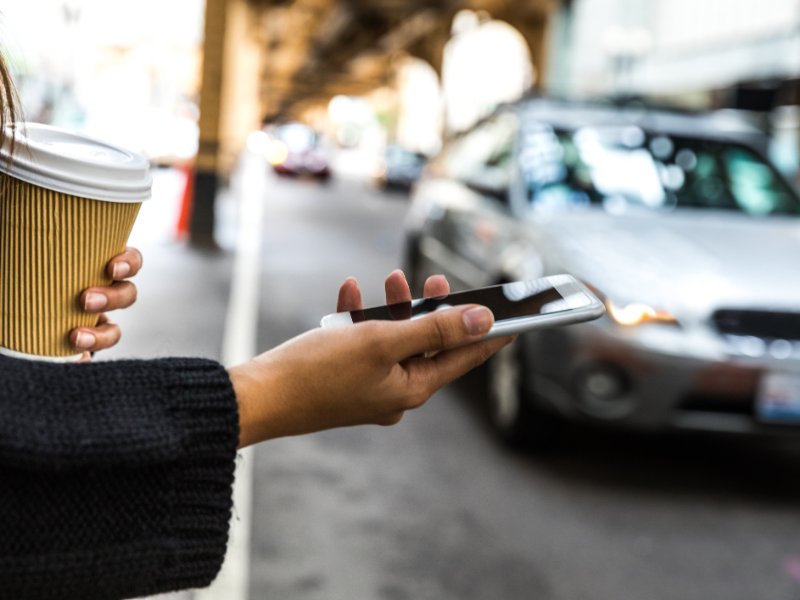While rideshare users expect a reasonably safe ride to their destination, the unfortunate reality of rideshare sexual assault cases have sparked fear and safety concerns. Victims of sexual assault face both physical and emotional trauma which is an extremely challenging experience to overcome. If you or a loved one was taken advantage by a rideshare driver and was a victim of any type of sexual assault, find out how you can take legal action when the time is right.
What Is Considered Sexual Assault?
In order for a successful legal case, it is important to understand the definition of sexual assault. While each state’s criminal code specifically define conduct that constitutes criminal sexual assault, the term “sexual assault” refers to sexual contact or behavior that occurs without explicit consent of the victim. Regardless of the differences in state legislature, every case of sexual assault is largely dependent on the consideration of consent. Without verbal agreement to a sexual activity by all parties involved, the act is considered sexual assault.
Sexual assault is the action of nonconsensual touching, kissing, or violating body parts among other inappropriate sexual contact towards an individual. Examples of sexual assault include:
- Attempted or completed rape
- Fondling or unwanted touching of a sexual body part
- Forcing or coercing a victim to perform unwanted sexual acts
- Other sexual misconduct
Examples of non-physical sexual misconduct can include:
- Obscene messages or invitations
- Unwanted sharing of sexual photos
- Staring or leering sexually
- Unwanted sexual advances
- Catcalling
- Profane verbal comments such as sexual jokes
- Comments about a person’s physical appearance
Civil Lawsuit Against a Rideshare Driver
A legal option for a victim of sexual assault is to file a civil lawsuit against a rideshare driver. Sexual assault is a crime that can result in prosecution of the offender, fines, probation, and other sanctions. In a civil lawsuit, a sexual assault victim can seek financial compensation for the injuries or harm suffered. To file a civil case for a sexual assault by a rideshare driver, a critical step for the survivor is to work with a rideshare sexual assault attorney to bring the case to court against the offender who is liable for assault. Having a skilled attorney on your side can provide legal guidance and help recover maximum compensation. When seeking compensation in a civil lawsuit, damages or the harm suffered by the plaintiff generally include:
- Physical injuries, including the cost of medical care treatment
- Emotional trauma and psychological harm
- Costs of therapy and other mental health services to treat psychological harm
- Financial losses from the victim’s inability to work because of the abuse
The plaintiff in a civil lawsuit is more likely to have a successful case against the defendant, whether the sexual assault resulted in prosecution of the defendant or not. In a civil lawsuit, the plaintiff must only show “a preponderance of the evidence” which means providing enough evidence that it is more likely than not that the defendant committed sexual assault. Because of this, the sexual assault victim filing a civil case can more easily seek justice from the rideshare driver.
Negligent Hiring Claims Against Uber or Lyft
In a rideshare sexual assault case, the company can be held liable for the negligent hiring of employees or independent contractors that put customers at risk. Ridesharing companies such as Uber and Lyft legally must conduct background checks on their drivers to protect passengers. In a negligent hiring lawsuit, a victim of sexual assault can claim that the injuries suffered could have been prevented by a thorough background check and the foreseeability of a driver’s actions. Filing a negligent hiring claim argues that the employer of the assaulter should be liable for creating an unsafe hazard and risk by hiring the driver. These types of claims can seek compensation for injuries if caused by the rideshare driver’s job.
The most important factor in an Uber or Lyft sexual assault case is being able to determine that the rideshare company should have foreseen the risk of danger of the rideshare driver committing sexual assault. While Uber and Lyft hires employees as independent contractors, the companies can argue that they are not liable for crimes committed by independent contractors.




No Comment